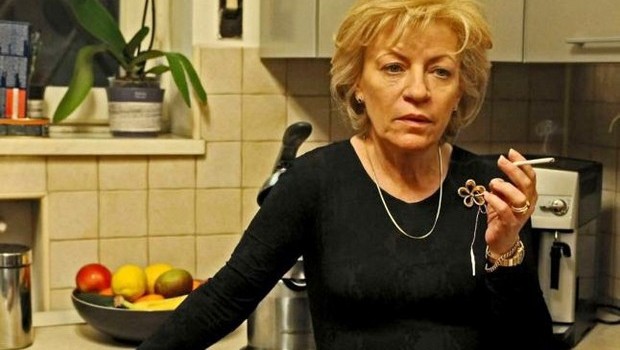The Transylvania International Film Festival, or TIFF, which takes place every year in the Romanian city of Cluj-Napoca in the Carpathians, was founded in 2001, when the first edition was won by a local film, Occident, from rookie director Cristian Mungiu. His second feature, 2007’s 4 Months, 3 Weeks and 2 Days, went on to win what’s arguably the most prestigious award in filmdom: the Palme d’Or in Cannes.
TIFF and Romanian cinema have grown together, with TIFF becoming the most important film event in Romania and the international rendez-vous for and about Romanian cinema, which since that auspicious start in 2001 has grown into a full-blown movement of internationally recognized titles.
{youtube}ZisE16JBUMA{/youtube}
Some of the major features of this films renaissance, sometimes dubbed the Noul val românesc or Romanian New Wave, include Mungiu’s 4 Months as well as his more recent Beyond the Hills, Cristi Puiu’s The Death of Mr Lazarescu (2005) and Aurora (2010), Corneliu Porumboiu’s 12:08 East of Bucharest (2006), Police, Adjective (2009) and his most recent film, When Evening Falls over Bucharest or Metabolism, which premiered just last year.
It is interesting to note that in reality the core group of New Wave directors comes down to just a handful, while other films considered part of the movement, such as the 2013 Berlinale Golden Bear winner, Child’s Pose, are films that feel stylistically indebted to the New Wave rather than having been created by those that defined, and continue to define, the movement.

That said, all of the Noul val films have several things in common, including a rather bleak outlook onto the world and humankind and both a formal rigor and an aesthetic palette that reinforce this bleakness. The rigidity and the austerity come from the themes and backgrounds of many of the stories, which are set toward the end of the Ceausescu era or talk about how little has changed, or what has changed but not for the better, since the fall of Communism in Romania in 1989.
The Noul val is an easy (if somewhat reductive) way of marketing films and of course these waves don’t last forever. If all this started in 2001, now, some 13 years later, one wonders what Romanian cinema will look like after the New Wave, when the generation born after 1989 — and thus with no memory of communist times — starts making features. This year’s crop of short films shown at TIFF, mostly made by young directors, give a good sense of what might be in store for the future.
The shorts program was divided into two blocks, with the first including four films: Horse Power, directed by Daniel Sandu, It Can Pass Through the Wall, directed by veteran director Radu Jude, Ela, Panda & Madam by Andrei Stefan Rautu and director Mihaela Popescu’s The Walk.
What is most noteworthy about this first block is that in subject matter, characterization and style, they seem to confirm that the New Wave casts a long shadow even over new filmmakers (Jude is the exception; he’s already made two features including 2012’s Everybody In Our Family, also one of the New Wave films). And The Walk, the one short that stood because its style and subject were somewhat different, is instead heavily indebted to Fassbinder’s Ali, Fear Eats the Soul, with both films about an older lady imagining they can find gratification with a dark, hunky young worker.
There was more of a sense of adventure in the second short programme, which kicked off with Start Anew World from Luiza Parvu and also included Kowalski from Andrei Cretulescu, Our Father from by Sergiu Lupse and Iulia Rugina’s Dying from a Wound of Love (Rugina also already directed one feature, Love Building). The first film is conservative in the way it was set up but since it is a period piece, this choice felt logical, and the film’s freshness came from the fact very few stories of Romanian immigrants in the U.S. have been told. Kowalski is a rare and welcome genre addition — a Tarantinoesque gangter story — filmed somewhat self-consciously in one shot, while Our Father and especially Dying from a Wound of Love took their stories into unexpected directions, with their style and direction following suit.
In Our Father, the conversation of two women who find themselves on the side of the road takes an unexpected turn, while in Wound, the tragic breakup of two lovers seems to lead to suicide… except that someone else’s death prevents both from taking their own lives. Though neither film has a subject that can be described as frivolous, the execution of both is not only light-hearted but even a little bit crazy, and not with the Noul val’s trademark black/bleak humour but with a sense of freewheeling absurdity that feels fresh and contemporary rather than grave or stuck in the past.
TIFF and Romanian cinema have grown together, with TIFF becoming the most important film event in Romania and the international rendez-vous for and about Romanian cinema, which since that auspicious start in 2001 has grown into a full-blown movement of internationally recognized titles.




